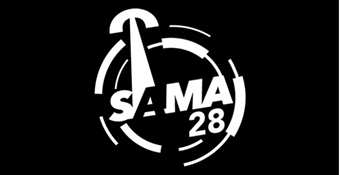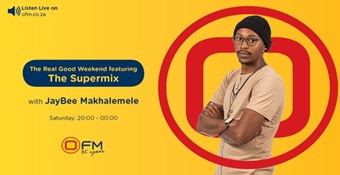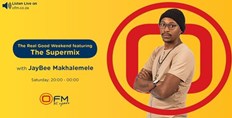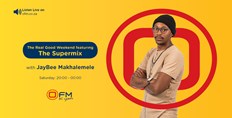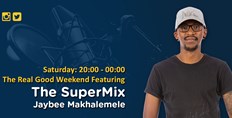#takenote
Review: Drake’s ‘Scorpion’─── 15:56 Thu, 12 Jul 2018
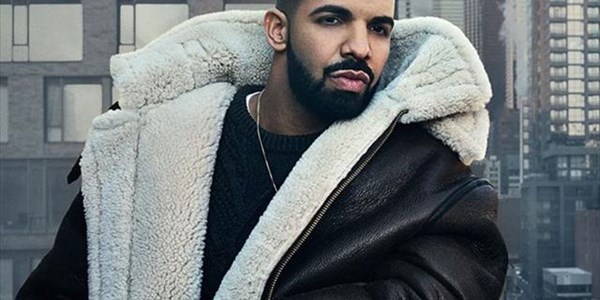
The rapper opens up about his newly revealed son and reminds everyone why he’s the poet laureate of Instagram captions on a remarkably long but consistent album.
Drake began the rollout for Scorpion six months ago. In a landscape of surprise releases and disposable moments, he’s one of the last stars standing still aiming at ’90s-style ubiquity: singles released months apart, glossy music videos (thanks to young director Karena Evans) and (perhaps not as intentionally), tabloid-teased storylines. Scorpion, his fifth official album – though ninth full-length, when counting the mixtapes and playlists in his catalog – stays within that tradition. It’s an old-school prestige play, the most ambitious album of Drake’s career, digging up Michael Jackson samples, the most expensive-sounding beats known to modern music and more songs than anyone seems to know what to do with. For the most part, it works.
While much will be made of the circumstances that led up to the album – Drake’s categorical and total loss in a rap beef with Pusha-T – it’s clear that Scorpion is not an album-length response to “The Story of Adidon,” in which Pusha accused him of hiding the existence of a son until the child could be used as a prop in Drake’s allegedly forthcoming Adidas marketing campaign. Aside from one song about his son and several sideways references, Drake doesn’t seem all that concerned with addressing the central thesis of Pusha’s surprise attack. Instead, he’s set out to make the best version of a Drake album to date. By the time “Emotionless” comes around and Drake is reeling off anecdotes about how Instagram weaponizes the worst impulses of women he knows, it’s clear that it’s not dad Drake, or sad Drake, or newly mature Drake who’s shown up here. It’s apotheosis Drake, logical conclusion Drake, final form Drake.
At an hour and a half long, Scorpion‘s heft feels like bloat. Even so, there are no obvious songs to cut. “I’m Upset,” likely the worst single of Drake’s career, works when sandwiched between standouts “God’s Plan” and “8 Out Of 10.” “Nice For What” and “Summer Games” are incongruous bright spots among Side B’s bass-drenched melancholy, but they are also two of the best songs on the album (and, in the case of “Nice For What,” likely the best of his career). “Ratchet Happy Birthday” is the slightest song on the record, but it’s likely to end up the song from this album that will be played the most over the next decade or so, thanks to the bold play of crafting a birthday song in 2018. There isn’t an incompetent song to be found here – it’s more consistent than the genre-hopping More Life – and every last one has its moments. This is a masterclass in pop-focused execution and an exercise in inoffensive ambition swirling into itself.
Either Side A or Side B would function better as an album than Scorpion in its current form. Taken separately, each is a fully-functioning statement, concise and muscular, executing clear, differing visions: Side A the sharp-tongued, South-indebted rap album, while Side B is the narcotized bed for the first Drake project in years to prize singing over rapping. They’re two albums packaged together, a true double album. The problem: There’s no such thing as a double album on Spotify, only a long one. And while it could have worked artistically in another age, it would be cynical not to read Drake’s decision to put out 25 songs as a result of having one eye on his balance sheet – seemingly every hour since Scorpion‘s release, a press release has gone out touting some new streaming record has been invented for Drake to break. No matter what the intention, streaming an album of this length has a flattening effect.
Just as there are no bad songs here, there are precious few bona fide high points, and close to no surprises. For those tuning in to see Drake level up, it’s clear that he’s operating at the same plateau where he’s spent most of his career. No one does what Drake does as well as Drake, and Drake isn’t planning to give us anything different. “Nice For What” provided a tantalizing look at his still-startling versatility, but that’s not the mode he occupies here. Instead, he’s happy to stay in cruise control. It’s an assured improvement on what we’ve heard before – a polishing rather than a rebuilding – that suggests that Drake may be done evolving, or at least uninterested in evolution. Scorpion is the best album one can reasonably expect from Drake at this juncture in his career, which puts a ceiling on how good it can be.
Drake’s title as the poet laureate of Instagram captions – his longtime raison d’etre – is still safe. He’s a relentless scholar of how people communicate slights on social media, still a talented anthropologist of the grey areas of human attraction. Impressively, he’s never lost the touch for finding signifiers that are sure to resonate with his wide-ranging audience. While Kanye West – who, until recently, challenged Drake for the role of hip-hop’s leading voice – has fallen further out of touch with anything resembling normal American life, Drake is still hitting the granular details of the lifestyles of the 18-to-34s with unerring accuracy. It’s hard to imagine that Drake has ever taken an Uber X (I’m genuinely surprised he knows what it is), but he deploys the reference to great effect on “Can’t Take a Joke.” He may be the most famous eligible bachelor in the world, but on “Summer Games,” he’s still caught up in the vagaries of getting unfollowed by a girl you’re interested in because you followed her friend.
Many listeners tune in to new Drake albums in order to meet the latest version of a man who’s been chronicling his personal life across the Billboard charts for nearly a decade. But Drake is still very much himself. He hews so close to autobiography in his music that it can be hard to differentiate the man from the musical persona, and he’s still telling the same stories here. Even when he makes a bid for maturity on album closer “March 14,” an open letter to his son, the effect is more guarded than touching, and a far cry from the open sentimentality of older Drake songs (like 2011’s “Look What You’ve Done”). There’s a tedious quality to the business of being Drake, a weary, obsessive paranoia. It’s been there since 2016’s Views, and it remains despite the changes in his personal life. According to Scorpion, no matter how much money you accumulate, accolades you receive or children you have, you will still end up spending most of your life staring at your phone.
Source - https://www.rollingstone.com/music/music-album-reviews/drake-scorpion-album-review-695552/

